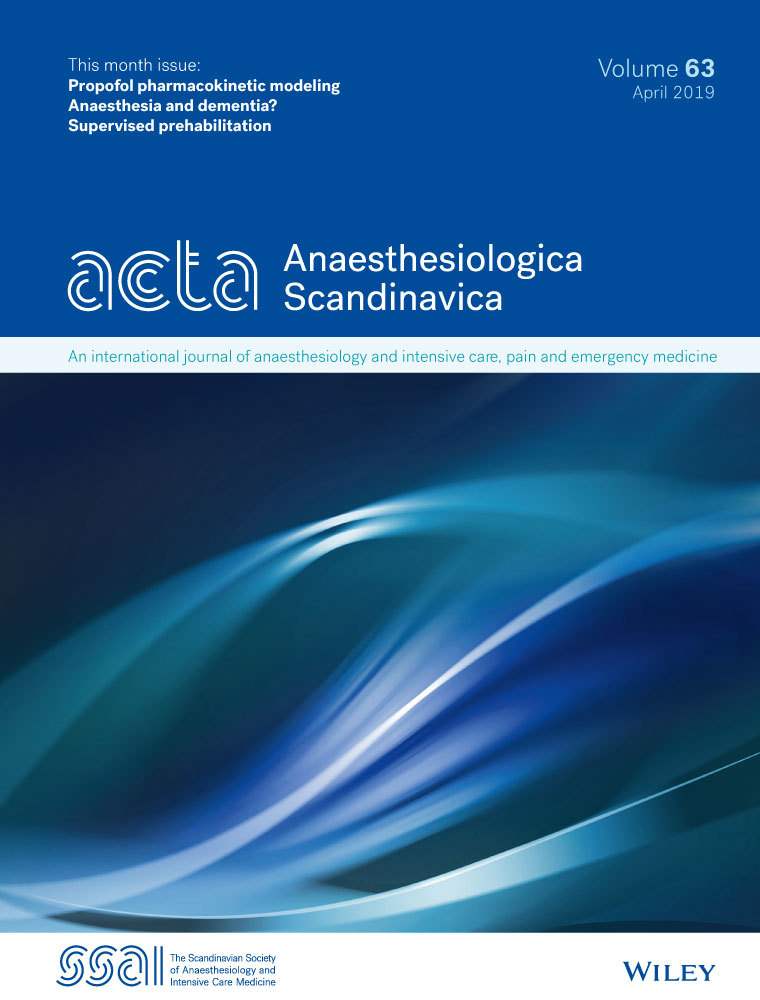Supervised exercise training with multimodal pre-habilitation leads to earlier functional recovery following colorectal cancer resection
Funding information:
Peri-Operative Programme (POP), Department of Anaesthesia
Abstract
Background
Exercise training is a component of the pre-habilitation program. While in one previous study the training was home-based, in a subsequent investigation it was supervised in hospital. The hypothesis of this secondary analysis of the two studies was to determine whether supervised exercise further accelerates the return to baseline walking ability.
Methods
Data from two consecutive randomized control trials (RCT) comparing pre-habilitation to the rehabilitation of cancer patients scheduled for colorectal surgery were pooled for analysis. The interventions were similar and included home-based exercise training, nutritional counseling and protein supplementation, and relaxation techniques administered either before surgery (pre-habilitation) or after surgery (rehabilitation). Patients in the second RCT received additional supervised exercise sessions. Functional capacity was assessed with the 6-minute walk test (6 MWT) at baseline, before surgery, and at 4 and 8 weeks after surgery. Adjusted logistic regression was used to determine the improvement of the 6-minute walk distance (6MWD).
Results
Baseline mean 6MWD of 63 patients in the supervised group was 465.1 m (SD, 115), and that of 77 patients in the nonsupervised group was 407.8 m (SD, 109) (P < 0.01). Perioperative supervised exercise training enhanced further functional capacity and muscle strength when compared with the nonsupervised group (P < 0.01). Those receiving exercise supervision had over two times higher chances to return to baseline after surgery. Supervised pre-habilitation was the best combination (4 weeks OR = 7.71, and at 8 weeks OR = 8.62).
Conclusion
Supervised exercise training leads to meaningful changes in functional capacity thus accelerating the postoperative return to baseline activities.
CONFLICT OF INTEREST
The authors declare no conflicts of interest.




